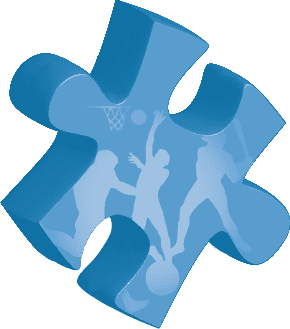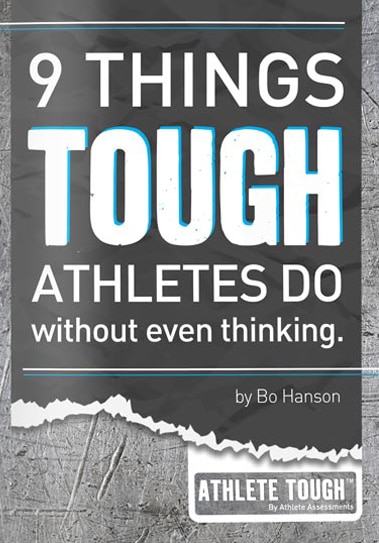Are grit, resilience, mental toughness and mental skills interchangeable terms?
Mental toughness is a state of mind, it’s an identity, people who have it are survivors and in sport it’s the common factor among winning athletes. But what is it exactly? In this article we’ll define the constituent components of mental toughness: grit, resilience and the ability to perform under pressure. By the end of this article you’ll know how these skills work together, how they can be developed and the critical role Coaches can play in mental skill acquisition.
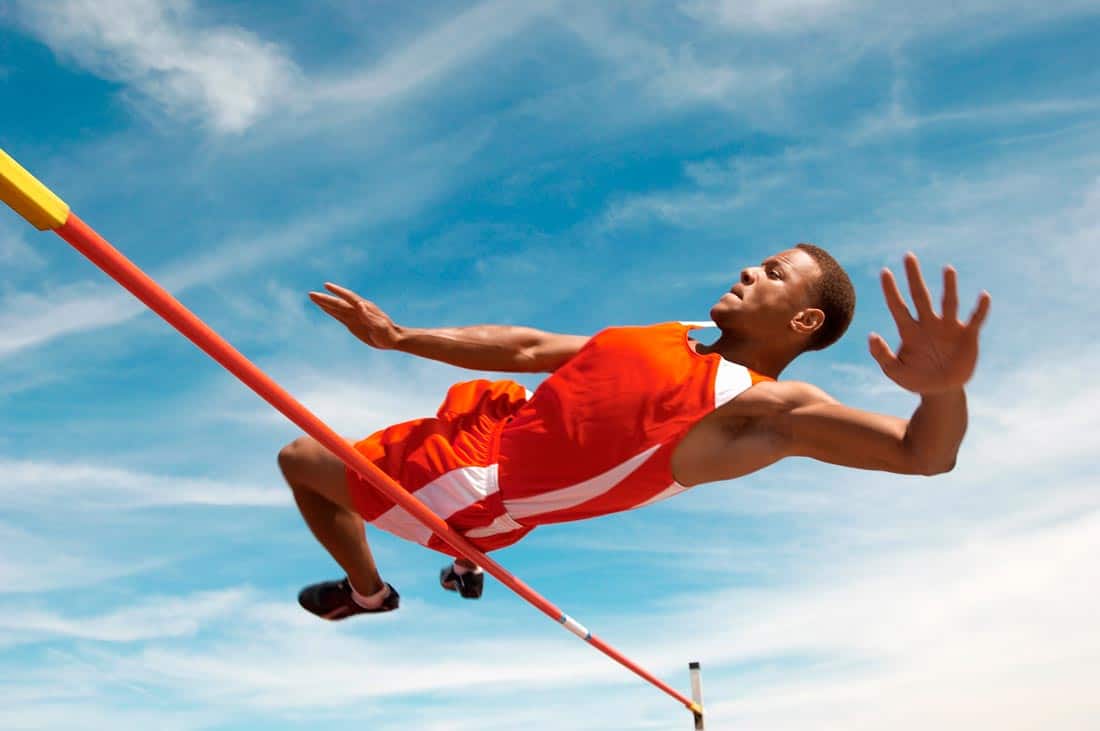
It’s completely understandable that most people struggle with understanding the concept of mental toughness. It is after all, the seemingly indefinable factor behind personal bests, championship winning performances and gold medals.
Athlete Tough author, Bo Hanson, says
“across the board, Coaches in every sport unanimously struggle with teaching mental toughness. Breaking it down into its component parts and making sure athletes in their charge are developing mental skills at a rate that keeps pace with their physical development”.
Mental skills or mental toughness is not a fixed state. Hanson says, “many Coaches will say that their athletes are ‘soft’, that they simply don’t have the toughness it takes to make it. I know just how much athletes benefit from the right environment and the opportunity to develop these skills in a step-by-step process with their teammates and Coaches.”
When we consider that mental toughness is a competency-based framework, that each of us already has a level of skill and the potential to improve then we will understand why mental toughness is a game changer.

When mental skills are treated like physical ability, something that can be worked on, exercised, used regularly and cultivated as part of the individual and team or club’s culture, that’s when they develop and flourish.
“Mental toughness is not a mythical quality possessed by only a few. It’s a teachable skill and there are proven strategies to develop this in athletes,” says Bo Hanson of Athlete Assessments.
So, what is mental toughness?
Mental toughness is a phrase that encompasses grit, resilience and the ability to perform under pressure. Each of these terms has a long-term and game day meaning but they’re all mental skills and while they’re often used interchangeably, they don’t mean the same thing.
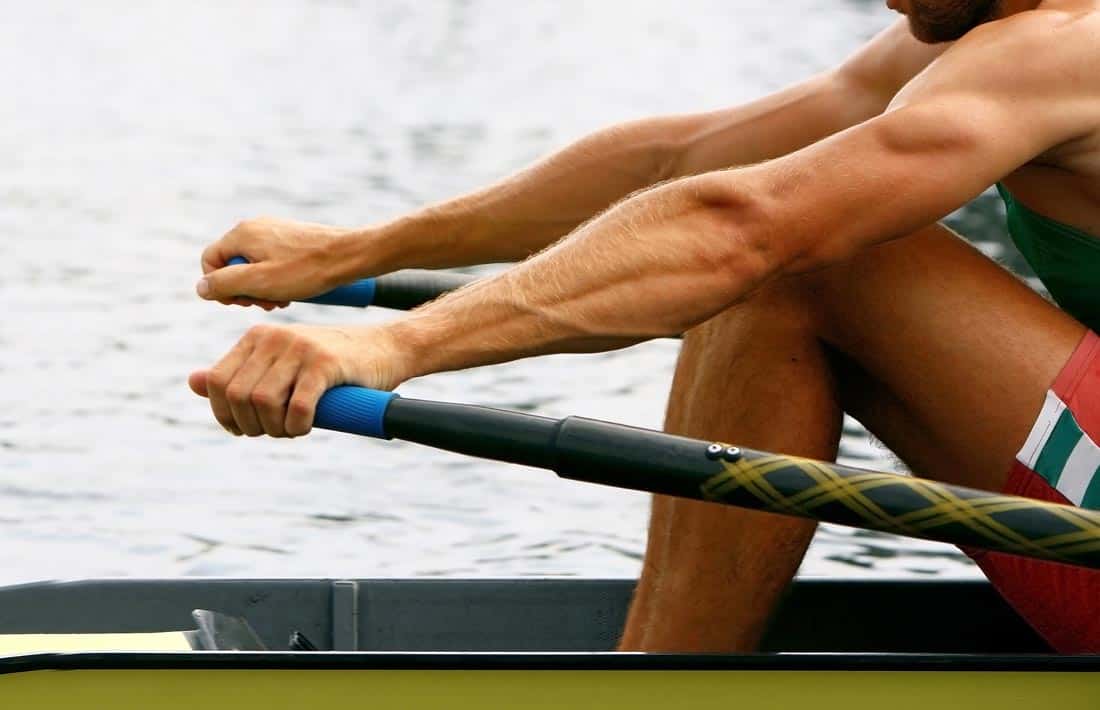
Grit, keeps you in the game and it’s sometimes defined as the long-term ability to stick it out. Grit gets you to training every day, it’s the thing that keeps you coming back year after year, season after season.
Hanson says, “An example is the athlete who loses every race as a school boy, was never considered for scholarship offers, finishes last in their biggest race of their school career and still loves the sport. In fact, they persist to the point of being selected on the Olympic Team 18 months later. This is my story.”
Many athletes are gritty, but it’s not grit alone that gets you on the podium on finals day. The next skill in the suite of skills that improve performance is resilience. As an athlete and a Coaching Consultant Hanson have a lot in to say about resilience.
His opening comments were, “defining resilience is relatively easy. Simply stated, it’s the ability to bounce back positively after a mistake, mishap or loss, and it’s the ability to overcome any negative situation. Resilience is the quality that allows people to get back up after they’ve been knocked down’.
Hanson goes on to elaborate that resilience can make an athlete’s career. He explains that this quality allows athletes to learn from their mistakes and devise strategies so that next time it happens, they’ll bounce back quicker”.
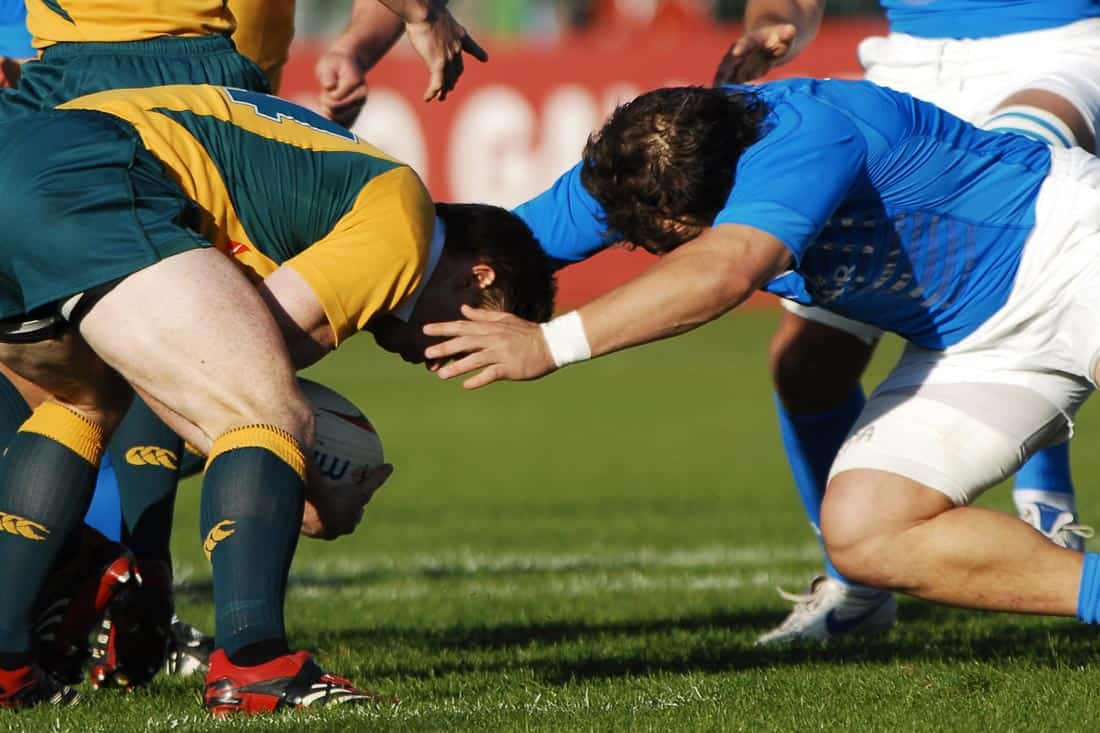
On game day resilient athletes are the ones that recover swiftly from a mistake mid-competition. They don’t waste precious moments judging themselves for the mistake; they recover, regain their composure then move forward with the game plan. While this skill is crucial, alone doesn’t win premierships.”
“Again, in 2004 as a crew at the Olympics, made a mistake in the lead up to our race and were given a false start. I immediately ‘reframed’ this event to our advantage and communicated to my crew. We then raced and broke the World Record.”
Then comes the essential skill of performing under pressure. This is the skill that every athlete needs to harness. He says, “every athlete experiences pressure, but not every athlete can perform when the pressure is on.”
“Think of it like this”, he says. “Pressure is a continuum from none to immense. The further you move along this scale during a match, the more pressure you feel, and certain things start to happen – increased heart rate, breathing rate, emotions change etc. How you learn to recognize and control these symptoms of pressure determines how well you can use them to your advantage in the heat of competition. An example of not performing under pressure occurs when an athlete thinks too much about the outcome rather than the process. Once you learn how to recognize what’s happening, you can put processes into place to manage these issues to your advantage through specific coping mechanisms or strategies. And this, like most things, takes knowledge and practice.”
Hanson is emphatic about improvement explaining, that tough athletes never let failure stop them or defeat them, they see a loss as feedback on how they can improve next time, they use strategies to perform under pressure, they think about their “big why”, the reason they do their sport. They know that toughness is part of who they are, part of their identity.
Hanson developed the term ‘Athlete Tough’ to describe the ability of an athlete to be their best when it matters the most. He says, ” ultimately, this is what is most crucial in sport and on competition day”.
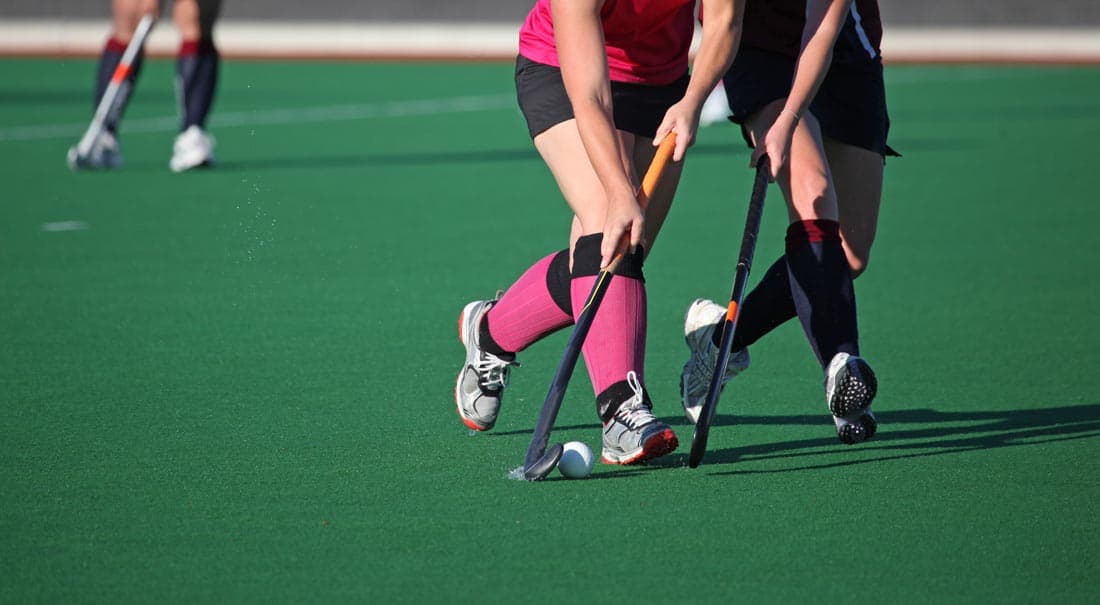
“Tough athletes know that when they face difficult times, the challenges are not sent to destroy them. Instead, they are sent to promote, challenge and strengthen them. This is called ‘reframing’. They embrace the struggle and look to a future time when they can look back with pride that they overcame the setback on their path to achieving the bigger goal. This is called ‘perspective’. Arnold Schwarzenegger says it well with his quote: “Strength does not come from winning. Your struggles develop your strengths. When you go through hardships and decide not to surrender. That is strength”. This is again a reframe based on a useful belief.”
“When an athlete is ‘athlete tough’, they can produce their best results when they’re under pressure. Not just in training but when it matters most.”
“We combine all of these skills under the banner of mental toughness, we call it being ‘athlete tough’. That’s what wins big competitions.”
Each athlete develops this suite of mental skills and strategies to implement on demand during games and in preparation for competition. But they need to be given the opportunity to develop these skills and strategies in training.
While Athlete Assessments is known for its work on the people side of sport, developing the only sport specific DISC behavioral profiles. It was in the implementation of strategies to maximize the potential of each behavioral profile that Hanson was continually asked for his input into mental skills development for athletes.
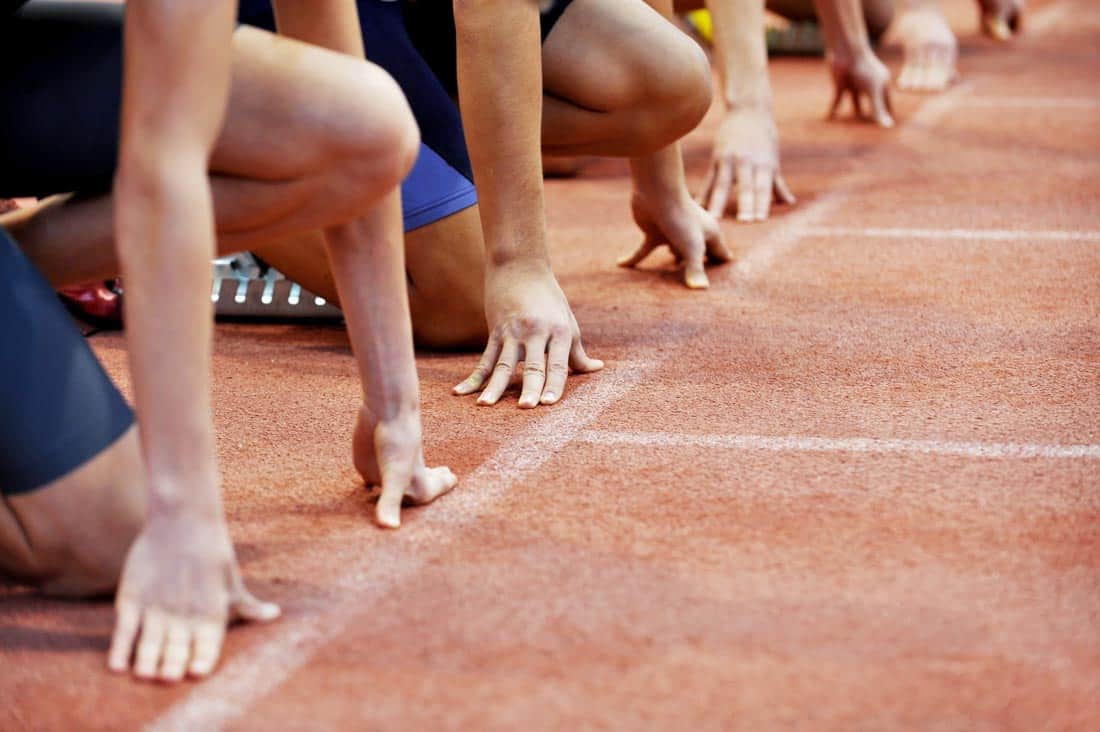
Hanson says, “I would be working with the Coach on team dynamics and culture and often be side-tracked onto issues that were getting in the way of this focus. I realized that they didn’t have the necessary building blocks to develop the mental skills we needed.”
He says, “I was constantly asked for my input into developing a mental approach to training and competition.”
“My primary motivation for developing the Athlete Tough Program was to give athletes and Coaches the tools to be successful and ultimately become better athletes.”
Hanson explains that the program is a culmination of his experiences as an athlete, Coach and consultant; and the tools and tactics that he’s been using himself and with clients over the last two decades.
“The Athlete Tough program is designed to deliver proven strategies on how to develop your athletes to become and stay mentally strong.”
It was created specifically with the Coach and athlete in mind, so it isn’t filled with distracting, long-winded theory or out of touch anecdotes. Instead, it takes the theory you need to know and explains it in terms you and your athletes will understand and more importantly, shows you how to put it into practice.
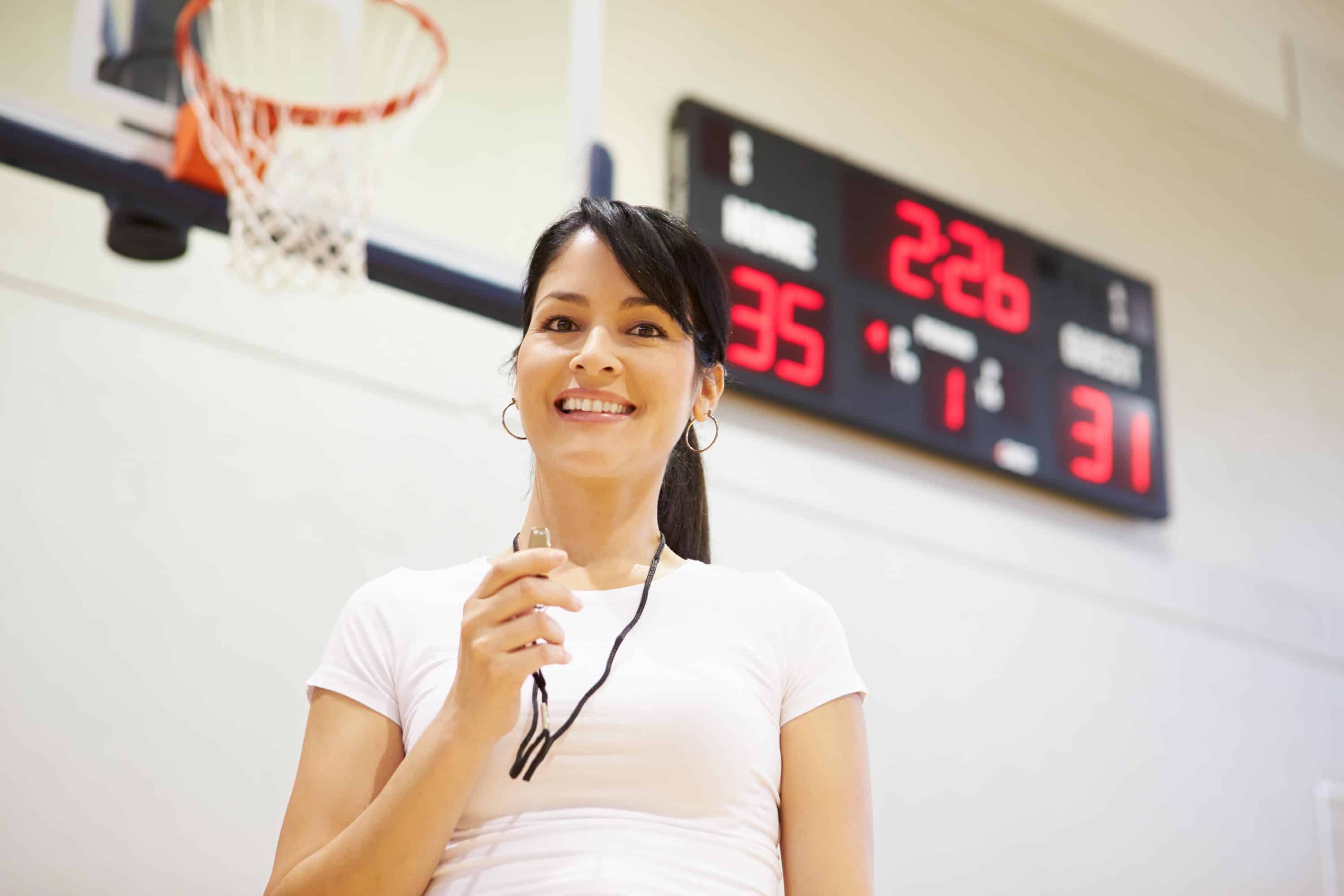
The Athlete Tough program includes a practical handbook that looks and feels more like a magazine, and an accompanying video series to make it multi-media. Coaches print a copy of the workbook for each of their athletes so they can take advantage of the cost savings of not having to purchase hardcover books.
“We deliberately created a program that was practical and easy for Coaches to implement. It’s a step-by-step program that Coaches can work through with their athletes. The workbook has 15 chapters and most clients have schedule an hour or so of dedicated time to go through a chapter each week over as many weeks,” says Hanson.
He goes on to say, “Just a few of the topics covered include Staying in The Game, Teaching Toughness and Staying Tough Under Pressure. It isn’t filled with distracting, long-winded theory. Instead, it takes the theory Coaches and athletes need to know, explains it in a way that is easy to understand. The activities, projects, fun exercises and reflection journaling, cover the content in-depth while keeping it interesting for this generation of athletes and most importantly, practical.”

Feedback from around the world shows how this is happening. Tino Fusco, Head Coach of Women’s Soccer at Mount Royal University in Canada says, “we used the videos as a starting point for team discussions and then related the concepts to our own specific areas of need. I like the fact that I can reuse the videos over and over. I also like how the video is broken down into short videos so the players can focus on one aspect.”
Carolyn King Robitaille, Field Hockey Head Coach at Saint Anselm College said, “the best part of the program is the tangible tools these athletes acquire in order to help them get to the next level. They really enjoyed the assignments at the end of each chapter. They also enjoyed the opportunity to really open up and share with their teammates.”
“The program helped me by getting to know my athletes even better. I learned more of their fears, insecurities, perceived weaknesses, strengths, motivations, as well as how they view themselves and how they view me.”
Shea Cunningham, a Netball Coach from Victoria, Australia shared, “In just a few short weeks, (our team) have increased their communication, are starting to hold each other accountable, and are raising their expectations of not only themselves but each other. The online videos really help to drum home the messages throughout this program. It allowed the players to hear from someone else other than the coaching staff. Seeing the light bulb moments, the determination, and the start of their self-belief has been amazing.”
So how does an athlete become Athlete Tough?
If you want to know more about how to help your athletes build mental toughness and resilience so they can perform at their best under pressure, you should check out our program – ATHLETE TOUGH. Our Handbook & Video Series was produced by 4 x Olympian and 3 x Olympic Medalist, Bo Hanson, to answer the call of Coaches wanting to know how they can build mental toughness in their athletes. We have dedicated 15 chapters to proven strategies that will help your athletes become, and stay, ATHLETE TOUGH. Visit this link for more information and to view a sample chapter and video!
Where to from here?

Gain the Upper Hand with Emotional Intelligence
“You have to be able to center yourself, to let all of your emotions go. Don’t ever forget that you play with your soul as

Performing Under Pressure
“The ultimate measure of a man is not where he stands in moments of comfort and convenience, but where he stands at times of challenge

9 things Tough Athletes do without even thinking
Actions always speak louder than words and Tough Athletes take action. You can see their toughness by what they do. Here is our list of
